Pictured: The White House
Presidential Primary Election
The name “Super Tuesday” was first used to describe the primary elections that took place on March 8, 1988 in the Southern states of Texas, Florida, Tennessee, Louisiana, Oklahoma, Mississippi, Kentucky, Alabama, and Georgia. Those states moved their primaries and caucuses forward at that time to increase their influence in the presidential nominating process and counteract the dominance of the early contests in Iowa and New Hampshire.
Since Super Tuesday now includes a large number of states from geographically and socially diverse regions of the country, it represents a presidential candidate’s first test of national electability. It will be the first date in the 2024 presidential cycle involving more than two states on the same day, and includes the largest number of states holding a primary election during the 2024 nominating process. With both California and Texas – the two most populous states in the country holding primaries on that date – more than one third of the U.S. population is expected to vote on that single day.
Oklahoma’s Presidential Preferential Primary ballot requirements are among the least cumbersome in the country. All that is required for a candidate to qualify is to submit a Statement of Candidacy form along with a $5,000 (Five-Thousand Dollar) filing fee. Or, in lieu of the filing fee, a petition with the signatures of one percent (1%) of a party’s registered voters in each congressional district, or one thousand (1,000) registered voters in each district (if that number is less), may be submitted. The Libertarian Party candidates opted to submit petitions. This was a more manageable task for those candidates, compared to the major party candidates, and saved them the filing fee.
During the December 4-6, 2023 candidate filing period, 16 candidates among three parties filed for a place on the ballot in Oklahoma. The candidates include eight Republicans, six Democrats, and two Libertarians.
Oklahoma is a closed primary state, meaning only registered members of a recognized political party may vote in that party’s primary elections. However, state law gives recognized parties the option to open its primaries to registered Independents (not registered as a member of a political party). The Oklahoma Democratic Party has opted to again allow Independents to participate in their primaries this cycle.
A significant portion of the delegates needed to secure the presidential nomination for the two major political parties will be determined on Super Tuesday. Meanwhile, the Libertarian Party delegates will not be tied to the results of the primary election.
There will be 2,469 Republican delegates this year – 2,365 pledged delegates and 104 unpledged delegates. On Super Tuesday, 874 of the pledged delegates will be determined. Oklahoma Republicans will select 43 delegate positions going to the Republican National Convention which will be held July 15-18 in Milwaukee, Wisconsin. While three of the delegate positions will be held by the National Committeeman, National Committeewoman, and the State Chairman, they will be pledged delegates based upon the vote on Super Tuesday.
Democrats will have an estimated 4,532 delegates – 3,788 pledged delegates and 744 automatic delegates. On Super Tuesday, 1215 of the pledged delegates will be determined. The automatic delegates are more commonly known as superdelegates and include members of the Democratic National Committee, Democratic members of Congress, Democratic governors, or distinguished party leaders such as former presidents and vice presidents.
On Super Tuesday, Oklahoma will select 36 of the 41 delegate positions going to the Democratic National Convention to be held August 19-22 in Chicago. The remaining five superdelegates are the Oklahoma members of the Democratic National Committee, including the state party chair. To win the Democratic nomination, a presidential candidate needs to receive support from a majority of the pledged delegates on the first ballot. If the convention goes to a second ballot or more, the superdelegates are able to vote. This is a change from previous conventions when superdelegates were able to vote on the first ballot.
The pledged delegates for both major political parties are allocated based upon a similar process. Delegates are distributed proportionally based on the votes cast in the primary election. Some of the delegates are awarded based on the vote in each of the state’s five congressional districts. The remaining delegates are allocated based on the statewide vote. A candidate is typically only eligible to receive a share of the pledged delegates if they win at least 15 percent of the vote. However, just because a candidate reaches that threshold, they are not guaranteed to receive delegates. If a candidate gets more than 50 percent of the vote, they could receive all of the delegates in a congressional district or statewide, even though other candidates received over 15 percent. So, if several candidates meet the threshold, only the top vote getters might be awarded delegates.
The actual delegates (people) who will cast the votes at the national party conventions will be selected at congressional district conventions and at the state convention. The people filling those delegate positions are typically political party volunteers or contributors who get the honor of being a delegate as a reward for their support of the party. In some circumstances, they may hold a delegate position which is pledged for a candidate that they do not personally support. However, should a presidential nominee not be selected on the first ballot at the national convention, on subsequent ballots, they may be released to support the candidate of their choice.
The 2024 Libertarian Party presidential primaries and caucuses will be a series of electoral contests to indicate non-binding preferences for the candidates. Therefore, the primary election is just what is termed as a “beauty contest.” These differ from the Republican or Democratic presidential primaries and caucuses in that they do not allocate delegates to represent a candidate at the party’s convention to select the party’s presidential nominee. The party’s nominee will be chosen directly by the delegates at the 2024 Libertarian National Convention held May 24-26 in Washington, D.C.
Republican Candidates
Oklahoma Republicans will have eight candidates to choose from in their primary. They are (listed in the order of filing) Donald J. Trump, 77; Nikki Haley, 51; Ron DeSantis, 45; Chris Christie, 61; Ryan L. Binkley, 56; David Stuckenberg, 42; Asa Hutchinson, 73; and Vivek Ramaswamy, 38. While DeSantis, Christie, Hutchinson, and Ramaswamy later ended their campaigns, their names will still appear on the ballot since they dropped out after the withdraw deadline.
Former President Donald J. Trump is working to return to the Oval Office. He is considered to be the front-runner in the race, and a sweep of the contests on Super Tuesday could seal his nomination.
Nikki Haley, daughter of Sikh immigrants from India, was the first female governor of South Carolina and also represented the state in the U.S. House of Representatives. She served as ambassador to the United Nations under Trump for almost two years. During the campaign she has been critical of Trump and is trying to attract the votes of Trump critics.
Former Florida congressman Ron DeSantis won the governorship in 2018 with the help of President Trump and was reelected in 2022. Before dropping out following the Iowa caucuses and endorsing Trump, he had endeavored to attract Trump voters.
Before dropping out of the race, Chris Christie was probably the most vocal critic of Trump. The former governor of New Jersey also ran for president in 2016.
Ryan L. Binkley is the chief executive officer of Generational Group, a Texas-based mergers, acquisitions, and business advisory company. He is also the founding pastor of Create Church.
David Stuckenberg served as a U.S. Special Operations pilot and is co-founder and CEO of Genesis Systems, a clean water technology company.
Former Arkansas governor Asa Hutchinson served two terms. He is a former congressman and held positions in several presidential administrations. He has also been a vocal critic of Trump. He dropped out following the Iowa caucuses and did not endorse another candidate.
From the beginning of the campaign, Vivek Ramaswamy was friendly to Trump, so it was no surprise that after he dropped out following the Iowa caucuses that he endorsed Trump. Ramaswamy founded Roivant Sciences, a biotechnology company, before founding Strive Asset Management, an investment management firm that specializes in “anti-woke” asset management which refuses to consider environmental, social and corporate governance, or ESG, factors when investing. He is the author of Woke Inc. and Nation of Victims.
Democrat Candidates
Oklahoma Democrats (and independents) have five choices in addition to President Joseph R. Biden Jr., 81. They are Dean Phillips, 54; Armando Mando Perez-Serrato, 47; Marianne Williamson, 71; Stephen Lyons, 62; and Cenk Uygur, 53.
Incumbent President Joe Biden is running for reelection, and would be the oldest person ever elected to the office.
Dean Phillips is a three-term congressman from Minnesota. He is the heir to a distilling company and was a gelato company co-founder. He believes President Biden has done a “spectacular job” but cannot be reelected.
Armando Mando Perez-Serrato has worked as a substitute teacher and a behavioral therapist in special education. He ran in the 2021 governor Recall Election in California.
Marianne Williamson is a best-selling author, self-help guru and spiritual leader. She ran for the Democrat nomination in 2020 and appeared in the early debates, but dropped out of the race before any votes had been cast.
Stephen Lyons is a Maryland plumber and will appear on the ballot in several states.
Cenk Uygur is the host of the progressive Young Turks TV show. He was a candidate for Congress in California in 2020. Because he was born a non-U.S. citizen in Istanbul, Turkey, he would not be ineligible to serve as President, although he predicts the U.S.Supreme Court would rule the natural-born citizenship requirement unconstitutional if he were actually elected.
Libertarian Candidates
Oklahoma Libertarian voters will choose between two candidates, Jacob Hornberger, 73, and Chase Oliver, 38. This will be the first presidential primary for the Oklahoma Libertarian Party. While Oklahoma has been holding presidential primaries since 1988, it has never had a presidential primary for any party other than the Republican and Democratic Parties.
Jacob Hornberger of Virginia is the Founder and President of The Future of Freedom Foundation, whose mission is to present the principled case for the libertarian philosophy. He was an Independent candidate for U.S. Senate in Virginia in 2002. He ran for the Libertarian presidential nomination in 2000 and 2020.
Chase Oliver was the Libertarian Party nominee for a 2020 congressional district special election and also for the 2022 Georgia special United States Senate election. In the 2022 election, he was credited or blamed for forcing the race between Democratic incumbent Raphael Warnock and Republican challenger Herschel Walker into a runoff.
Super Tuesday could have an important impact in determining the lineup of candidates on the General Election ballot for November 5.




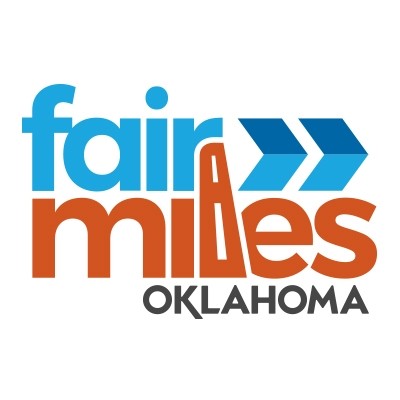

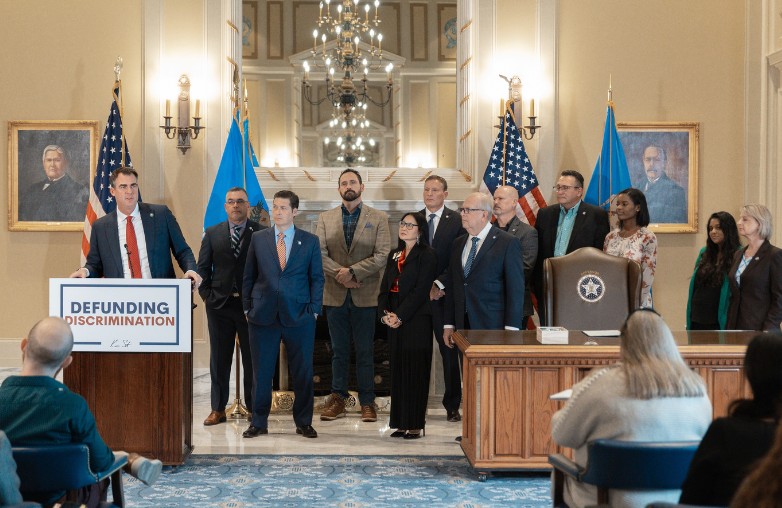
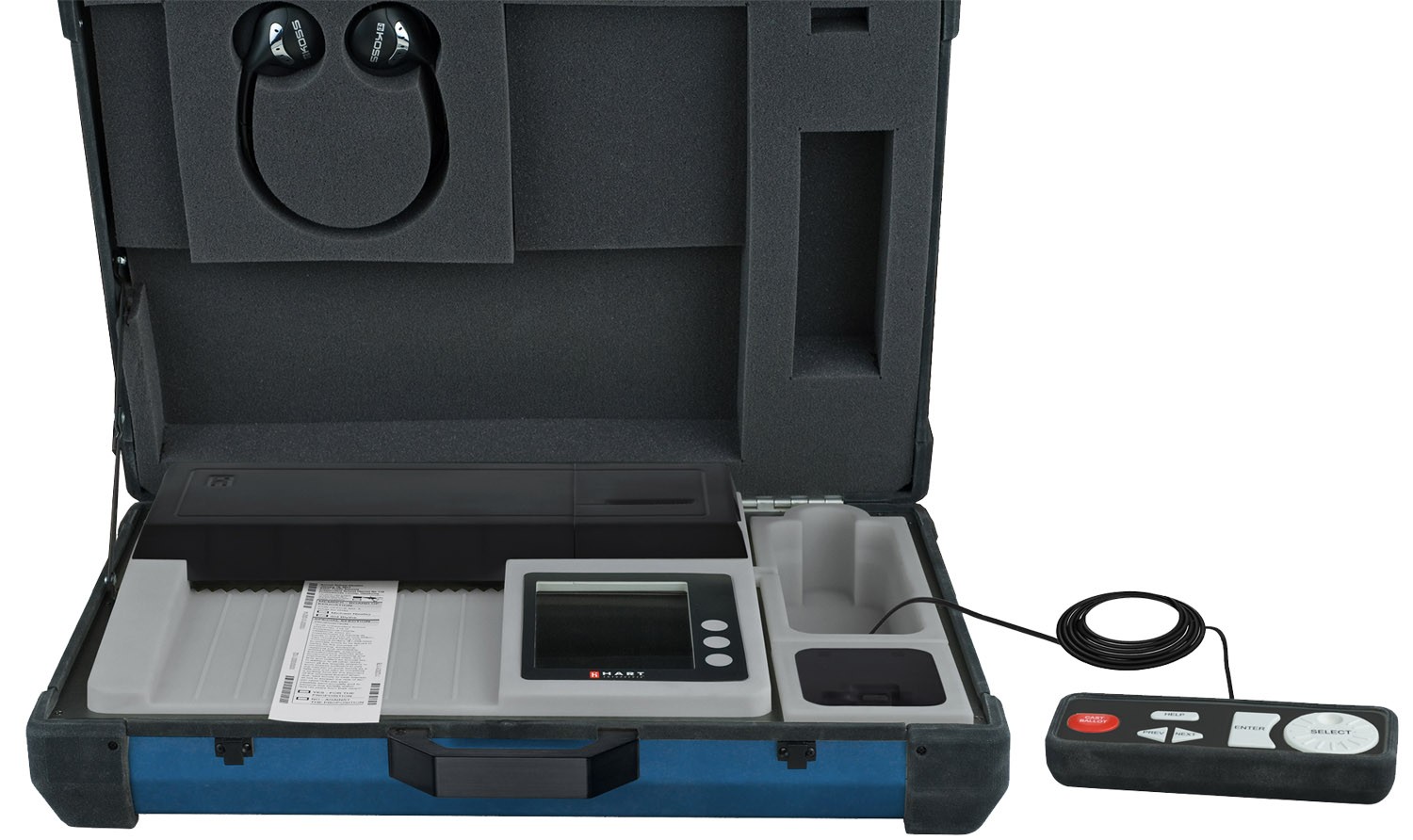
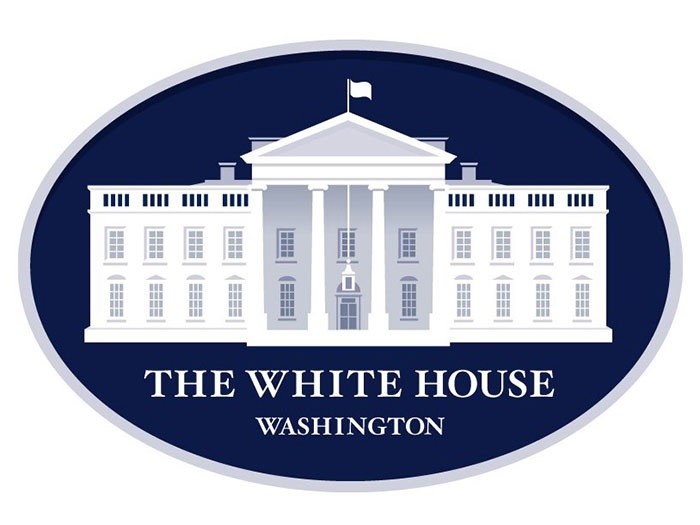
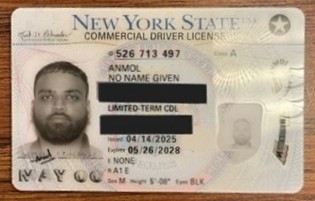
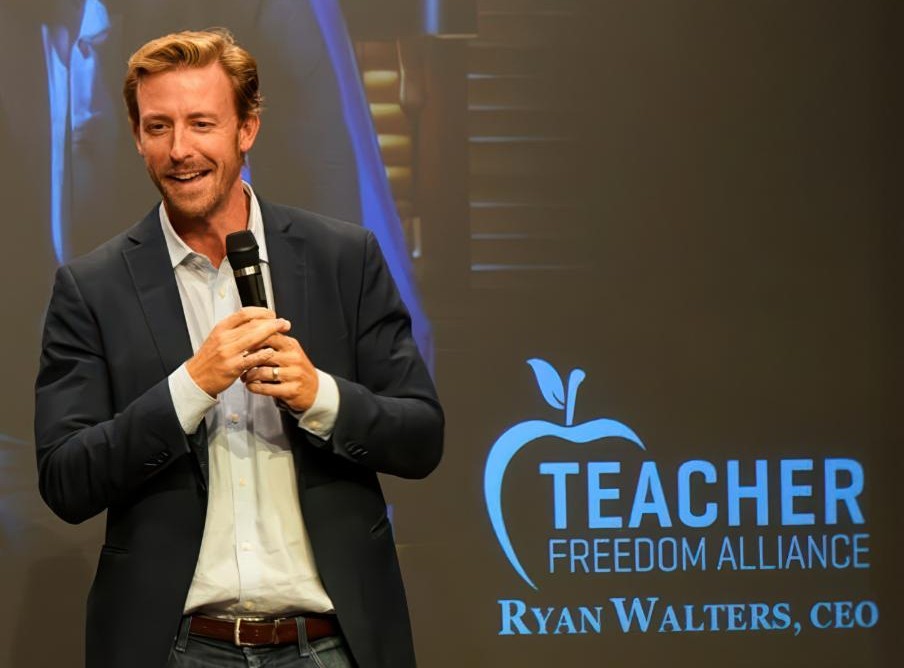



Latest Commentary
Thursday 30th of October 2025
Thursday 30th of October 2025
Thursday 30th of October 2025
Thursday 30th of October 2025
Thursday 30th of October 2025
Thursday 30th of October 2025
Thursday 30th of October 2025
Thursday 30th of October 2025
Thursday 30th of October 2025